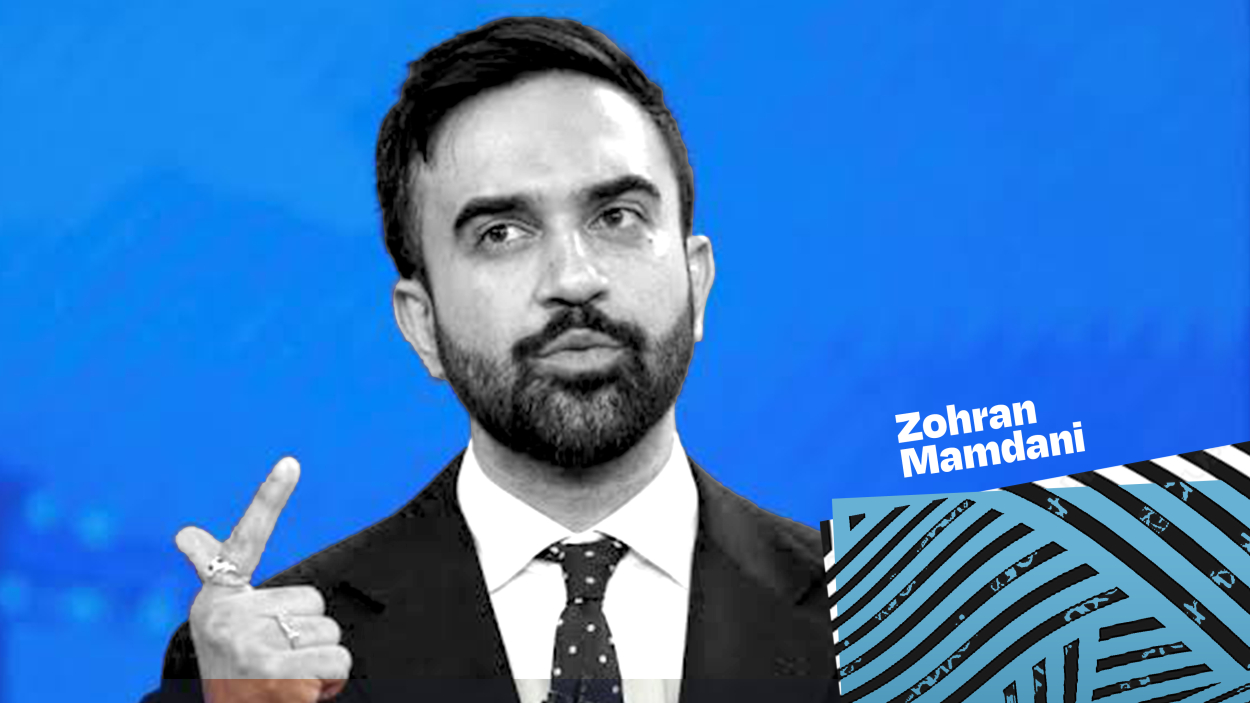PROFILE: Ugandan-Born Democratic Nominee Set to Become New York City Mayor

CAPTION: Zohran Kwame Mamdani's candidacy is proof - diaspora isn’t distance, it’s a platform for power (PHOTO: Courtesy/ Zohran/ Facebook)
In what could become a landmark moment for diaspora politics, Zohran Kwame Mamdani, born in Uganda and raised across three continents, has clinched the Democratic nomination for Mayor of New York City, placing him on the brink of leading America’s largest and most diverse metropolis.
If elected in November, Mamdani will not only make history as the city’s first Muslim and first Indian-American mayor, but also as a politician whose roots are deeply embedded in the postcolonial narratives of Africa and South Asia.
Born on October 18, 1991, in Kampala, Uganda, Zohran’s early years were shaped by the legacies of political exile and intellectual activism. Raised in post-apartheid South Africa and later in Queens, New York, Mamdani’s upbringing defied borders, exposing him early to themes of justice, race, and migration.
Mamdani’s family background is a confluence of two powerful traditions. His father, Prof. Mahmood Mamdani, is one of Africa’s most respected scholars on colonialism and state power, while his mother, Mira Nair, is an acclaimed filmmaker whose work has illuminated South Asian and African diasporic stories.
Their influence created an environment where politics, culture, and resistance were daily conversation. Zohran’s political instincts and global worldview are the natural extension of a life lived at the intersection of academia, exile, and creativity.
Mamdani’s politics are rooted in advocacy for the marginalised. As a New York State Assembly member, he fought for tenant protections, climate justice, and police accountability. His campaign combines local urgency with global awareness, drawing connections between housing injustice in Brooklyn and power struggles in postcolonial Africa.
His middle name, Kwame, honours Ghana’s Kwame Nkrumah, a nod to Pan-African ideals and his family's belief in liberation through leadership. Mamdani is a practising Shia Muslim who openly integrates faith into his political life. At a time when Muslim public figures often face scrutiny, Mamdani speaks proudly about his heritage, seeing Islam not as a constraint but as a platform for building solidarity across communities of colour, workers, and immigrants.
His campaign slogan, “Roti and Roses” a cultural remix of the classic labour cry “Bread and Roses”, signals a message of equity, dignity, and cultural pride.
Before stepping into politics, Mamdani worked as a housing counsellor, helping vulnerable tenants resist eviction. He also channelled his creative side through music, producing underground hip-hop tracks under the name Mr. Cardamom.
His ability to navigate the streets, the statehouse, the protest line, and the policymaking floor reflects a rare versatility in modern political leadership. If Mamdani becomes mayor, he will represent a new kind of diaspora leadership, one that is globally conscious, unapologetically progressive, and intellectually grounded in the decolonial traditions of Africa.
His ascent reflects a broader shift in how African-born leaders are contributing to global discourse: not just as observers, but as architects of policy, identity, and justice in the Global North. As Semhar Araia, CEO of the Diaspora Academy, puts it: “Zohran’s life story reflects what’s possible in America and speaks to the beauty and legacy of diaspora journeys. It’s not just his victory, it’s all of ours.”
Zohran Mamdani’s candidacy is more than an American political event, it is a global signal. From Kampala to City Hall, his journey underscores the evolving role of the African diaspora in shaping 21st-century leadership. For Africa’s next generation of thinkers, policymakers, and entrepreneurs, Mamdani’s story is proof: diaspora isn’t distance, it’s a platform for power.
Additional extracts and quotes from different media reports. Follow Business Insights Africa for updates on African leadership, diaspora success stories, and the people shaping the global future.


